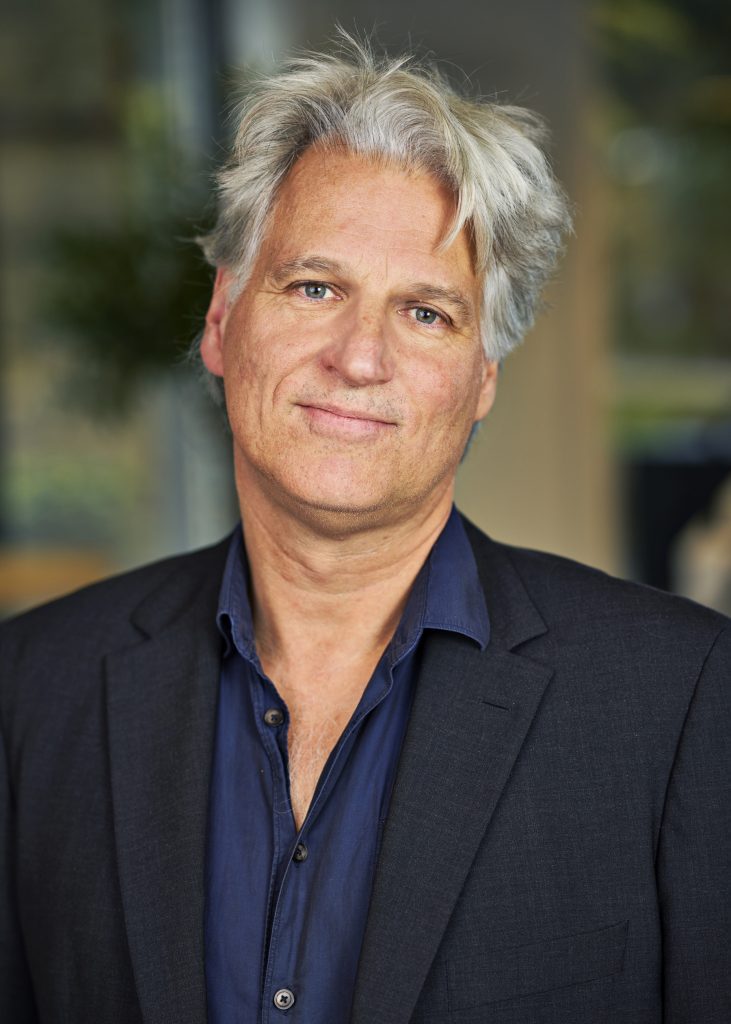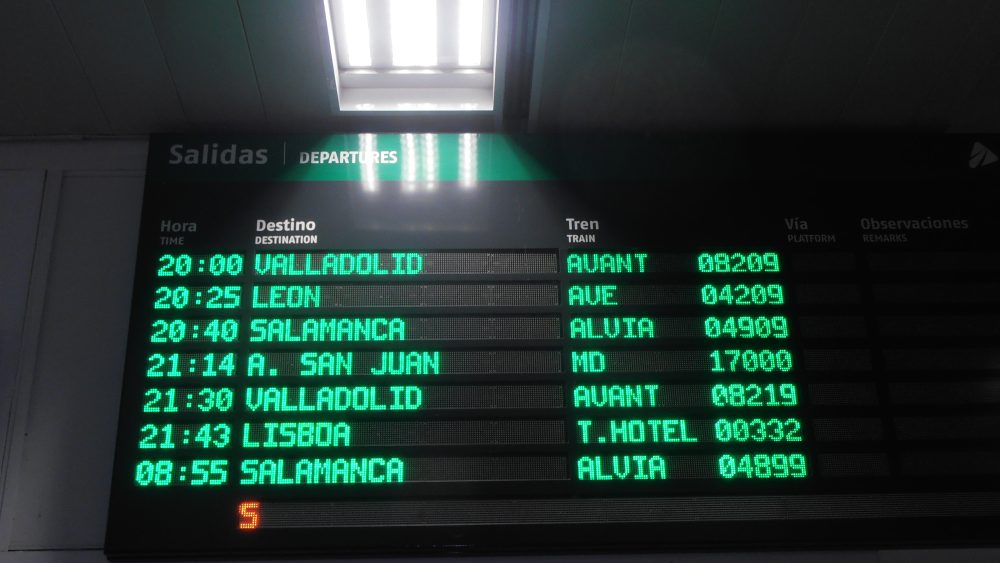Written by:
Max Koch, Professor, School of Social Work
I took my last flight from Alicante to Copenhagen in February 2013 to teach on an EU Intensive Programme. I had taken the train to Alicante but felt not to have enough time for the journey back to Lund. Prior to this, and after a longer dialogue with my wife Eileen Laurie, I had added the environmental aspect to my previous research interest in capitalist development and its impact on welfare systems and the social structure. I came to feel that doing research on the environment and the climate emergency in an ethical way meant that I needed to carry out research with an as low ecological footprint as possible.
Just before my last flight I had published a book entitled Capitalism and Climate Change: Theoretical Discussion, Historical Development and Policy Solutions. This book included a short analysis of the academic field of the time. Flying for academic reasons had already then little to do with knowledge diffusion – this could and can be done with the help of communication technology – but, instead, with the accumulation of symbolic academic capital to use the terminology of the sociologist Pierre Bourdieu: the further one could convince his or her employer or funder to travel (usually by plane), the greater the perceived value of that researcher and, hence, the symbolic profit. Conversely, choosing and attending local conferences smacked of the parochial and provincial.
While the existence of this blog suggests that it became more legitimate in the meantime to carry out research without flying, it is also true that there are still many researchers (including sustainability researchers) who would argue that the importance of their research somewhat overcompensates their high-carbon mode of working.
I have not regretted my decision taken ten years ago to stop flying for business and private reasons (except for emergencies, which thankfully have not happened so far). If anything, it has made my life easier: I came to choose projects in Sweden or neighbouring countries that are easily reachable by train, bus or sometimes ferry. However, on occasions I travel further using night-trains – once as far as Lisbon.
But quite often, when I receive requests for talks etc. it has either to be local, online or my answer is “no”. I recognize that saying “no” to things is easier for a senior researcher and that early-career researchers may well not have the freedom to choose. At the same time, I believe that academic careers in the climate emergency should be planned and proceed in different ways than when I began my research career.
For this to happen, it is of course paramount to be in an academic environment that does not promote flying and individual competition with regard to symbolic academic capital, but instead encourages and supports academic productivity that has the lowest environmental cost.
(Sustainability) researchers have a role to play in helping to question and overcoming fossil infrastructures within and beyond the academic field. In a new research project entitled “FlyWell” (Flying less and well-being: Engaging Norwegians in reducing the flight intensity of social practices) PI Mònica Guillén-Royo, her colleagues from CICERO and I are going to meet representatives from public organisations including the Norwegian Football Association, the Norwegian Broadcasting Corporation as well as from the academic sector to collectively reflect on current fossil and alternative more sustainable communication and mobility patterns. These would need to include a drastic reduction of flying if meeting the Paris Climate targets are supposed to be more than a pipedream. Perhaps such a critical reflection on social practices and the initiation of corresponding change can be of value also for Swedish academia and society!
Project FlyWell: FlyWell: how to reduce air travel and at the same time maintain a high quality of life. — Lunds universitet


